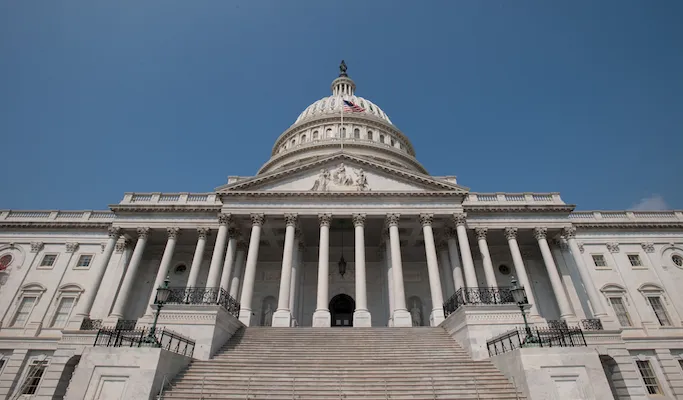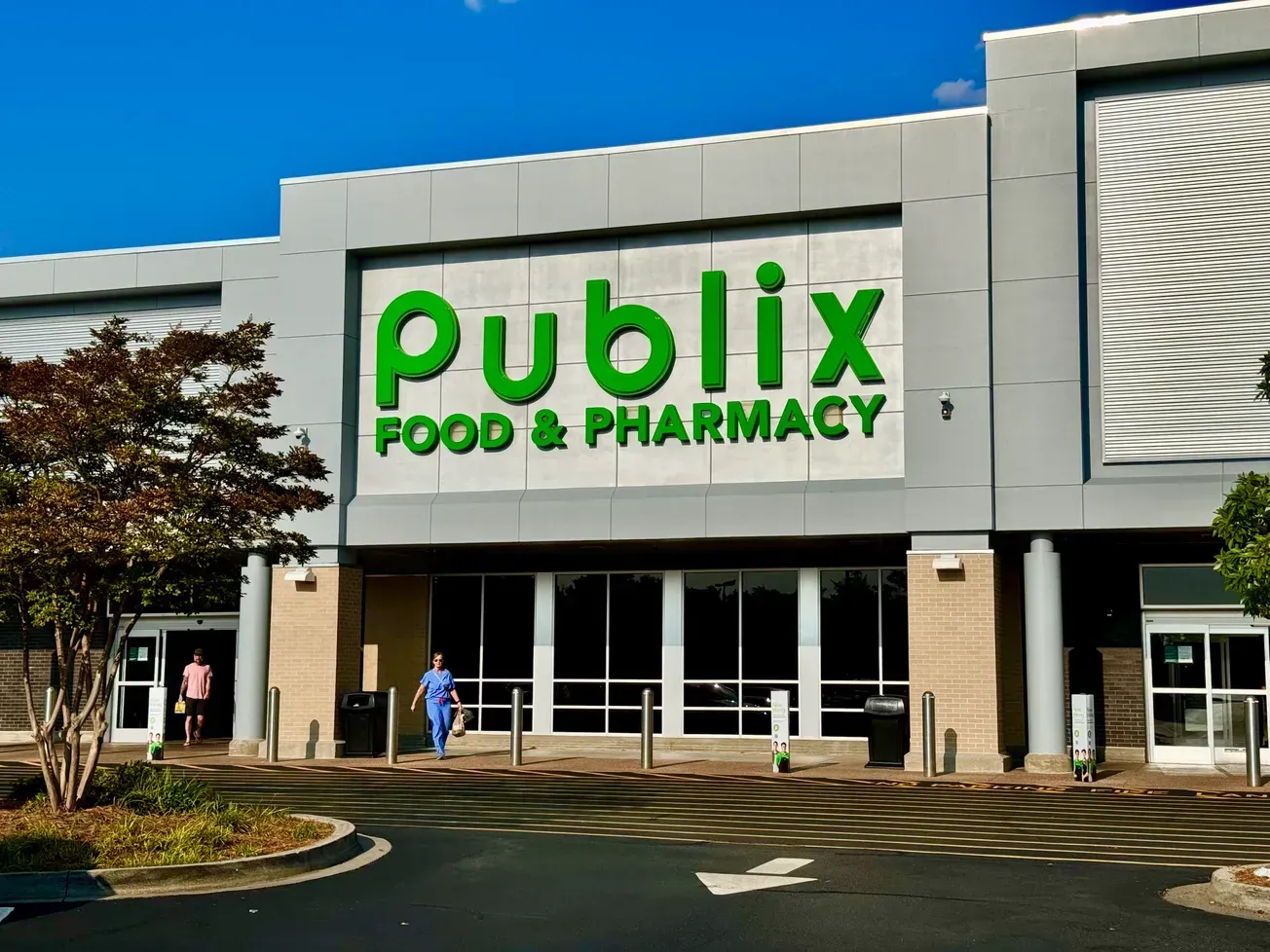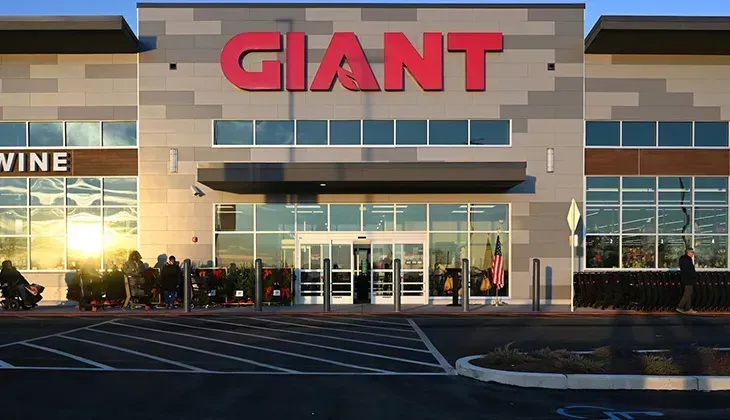WASHINGTON — President Trump has signed the Farm Bill, which had bipartisan support in Congress, into law. The signing of the $867 billion Farm Bill removes industrial hemp from a list of federally controlled substances. It also removes any federal regulations that had kept farmers from growing and selling hemp and allows them to collect crop insurance.
 Even without the Farm Bill, sales of CBD (cannabidiol) in 2018 grew by more than 80%, reaching an estimated $590 million, according to the Brightfield Group.
Even without the Farm Bill, sales of CBD (cannabidiol) in 2018 grew by more than 80%, reaching an estimated $590 million, according to the Brightfield Group.
“This is a watershed moment for CBD in the United States,” said Bethany Gomez, director of research at the Brightfield Group, whose estimate of a $22 billion CBD market by 2022 represents the most optimistic projection of the category’s fortunes. “CBD [will] make its way to the shelves of larger scale, mainstream distribution channels and pave the way for the large mainstream consumer packaged goods companies in industries like drinks, beauty, pet, skin care and tobacco to develop CBD products and capitalize on this emerging industry.”
The new law effectively legalizes hemp growing for the first time in a long time, and opens up the possibilities for the production of CBD. Outlawed in 1937, at least in part because of its close connection to other marijuana species, the commodity has gained renewed interest, especially in tobacco-growing areas such as Kentucky and North Carolina, where the plant thrives.
The first group to benefit from this is, of course, the farmers and the states where hemp is identified as a crop with a lot of potential. Next are the companies that stand to benefit from focusing their product lines on hemp-derived CBD.
Soft-drink giant Coke has said it is interested in CBD as a potential ingredient for “functional wellness” drinks, a corner of the beverage industry that has drawn increased focus as consumers turn away from sugar. Still, it’s not clear how CBD’s use as an ingredient will be regulated by federal and state authorities, and it could be months before exact details are finalized. And while drinks and other products with hemp-derived CBD will start hitting shelves in short order, larger public companies will most likely wait until the regulatory dust clears.






